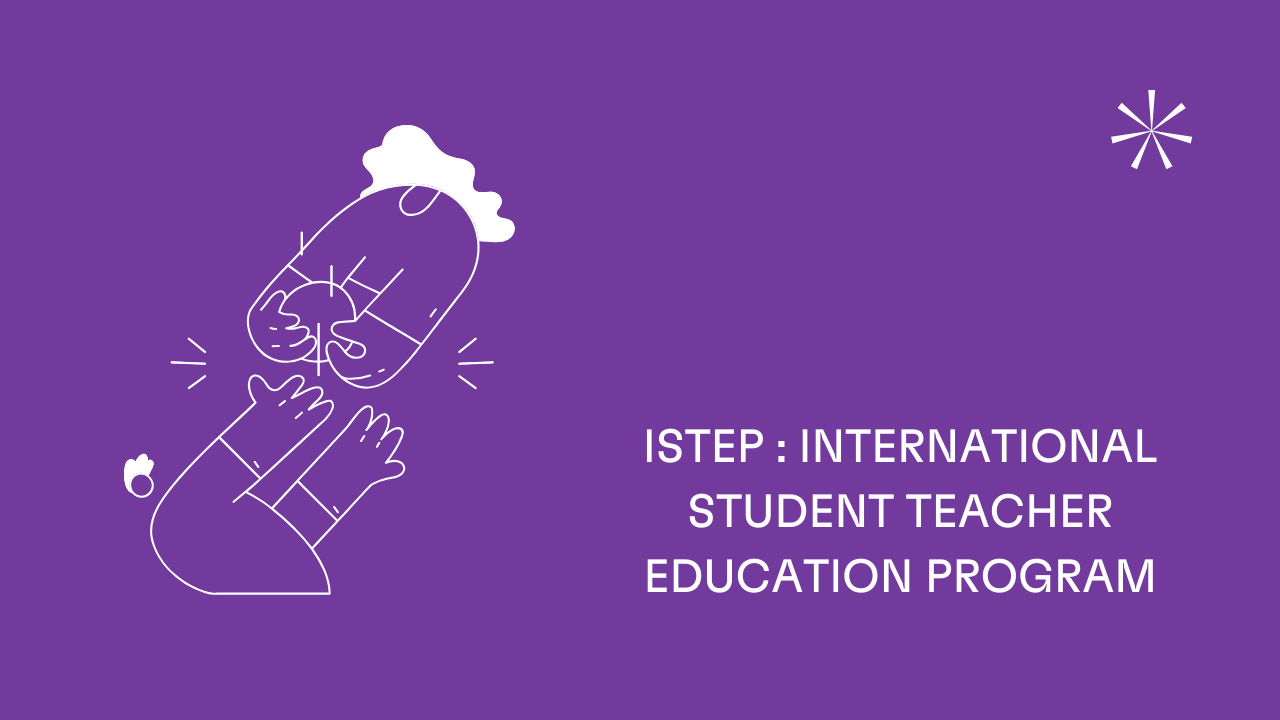Attend courses in English with French students and foreign students and experience alternative means of teaching.
The INSPÉ Centre Val de Loire, the Institute for Training Teachers from the University of Orléans, encourages the international mobility of students, from France and abroad. In this context, it is offering international students and students in primary education from our institute the opportunity to attend a whole semester with courses taught exclusively in English. From January to June, students will learn about teaching methods in class but also about alternative means of teaching and get 30 ECTS credits at the end of the semester.
3 main objectives
Developing teaching skills in a plurilingual multicultural setting
- Understanding the learning processes through the development of students’ metacognitive and metalinguistic skills
- Developing CLIL skills (including CLIL school placements)
- Questioning the didactics of a subject and understanding the nature of the prescribed curriculum
- Taking into account the diversity of pupils
- Taking into account one’s body in teaching and learning
- Developing interpersonal, intercultural skills, sharing common values (Lisbon Strategies, 2000)
Personal professional development
- Designing projects in teams
- Developing reflexivity
- Developing skills through alternative pedagogies
- Enhancing practice through internships
- Learning about research for self-training
- Diversifying access to teaching careers
Developing a European citizenship through local culture
- Building a European identity through memory
- Exploring unfamiliar cultures through arts, literature and heritage
- Developing skills in French and English to communicate effectively
4 modules
Teaching academic subjects
Learning how to think about and teach various subjects to primary school pupils:
- PE
- Maths
- Science
- English
- Literature
Teaching in a different way
Learning by doing: how to use alternative means of teaching with primary school pupils.
- Games
- Outdoor learning
- Drama
Thinking a European teacher’s identity
Benefiting from an international environment to enhance a European sense of belonging and an openness to unfamiliar cultures
- European identities
- Exploring unfamiliar cultures through art
Learning through research
Learning research methods and working on individual research projects
- The research approach in education
- Questioning your subject from a disciplinary point of view
- Bibliographical research
- Historiography (current issues of the chosen subject)
School placement in French schools
- Learning about professional reality through observation
- Analysing professional situations
- Developing professional skills
1 common thread: Inclusion
Inclusion in education will be a cross-disciplinary theme in the first 3 modules.
After an introductory lecture presenting the issue, the students will have to identify the aspects related to this theme in everything they learn and think about an inclusive implementation of all the elements they work on.
Who can apply?
- Any foreign student from a partner university. Foreign students must first be nominated by their home university by email to istep.inspe@univ-orleans.fr.
A prerequisite for all: a B2 level in English
How do I apply?
Students must fill in the application form and send it to istep.inspe@univ-orleans.fr with their English level certificate.
Application deadline: 15th October 2024.
For foreign students, you must be nominated by your home university before your application. Please tell your international office to send us an email to istep.inspe@univ-orleans.fr.
To learn more about ISTEP, read through the Course Catalogue.

